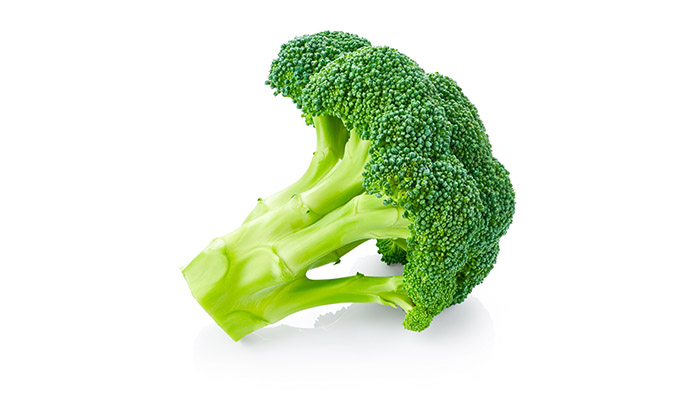
Remember how your parents used to tell you to “eat your greens, they are good for you”? They had a brilliant idea, for sure. Broccoli, one of the most popular vegetables in the United States, and other cruciferous vegetables are associated with a lower risk of diabetes and cancer because of their organosulfur compounds, such as glucosinolates and isothiocyanates, which exhibit a wide range of bioactivities including antioxidant activity.
On the other hand, hardly much research has been done on broccoli sprouts’ endogenous polysulfide concentration.
Under the direction of Professor Hideshi Ihara and Assistant Professor Shingo Kasamatsu of Osaka Metropolitan University’s Graduate School of Science, a study team examined the quantity of polysulfides in broccoli sprouts during their germination and growth.
The research team showed the abundance of polysulfide compounds in cruciferous vegetables, building on their earlier findings.
The team found that total polysulfide content in broccoli sprouts significantly increased during germination and growth, with an approximately 20-fold increase in polysulfides on the fifth day of germination. Furthermore, they discovered a number of unknown polysulfides with indeterminate molecular structures
These findings suggested that the abundance of polysulfides in broccoli sprouts may contribute to their well-known health-promoting properties.
Dr Kasamatsu stated, “The discovery of the significant increase in polysulfide content during the sprouting process from broccoli seeds was completely by chance and very surprising.
This finding suggests that polysulfides may play an important role in the process of plant germination and growth.
Further investigation of the pharmacological function of these unknown polysulfides could lead to the development of new preventive and therapeutic approaches and medicines for neurodegenerative diseases, stroke, cancer, inflammation, and other oxidative stress-related diseases.”